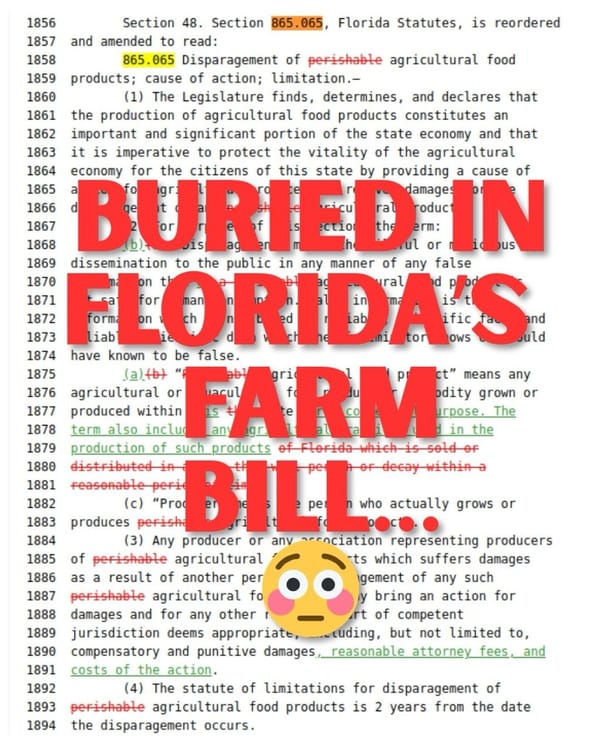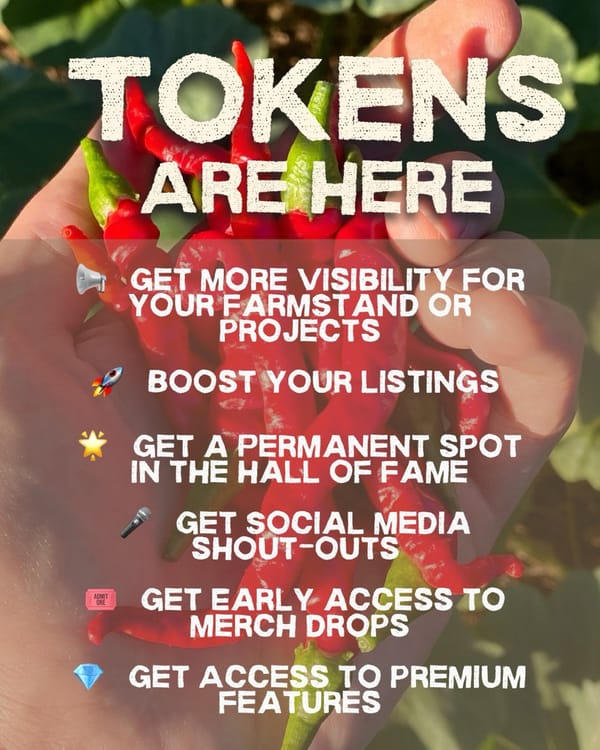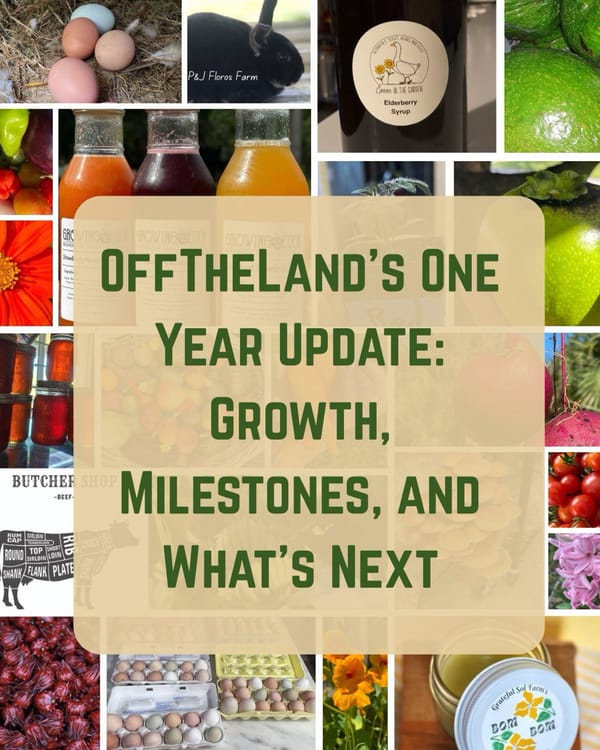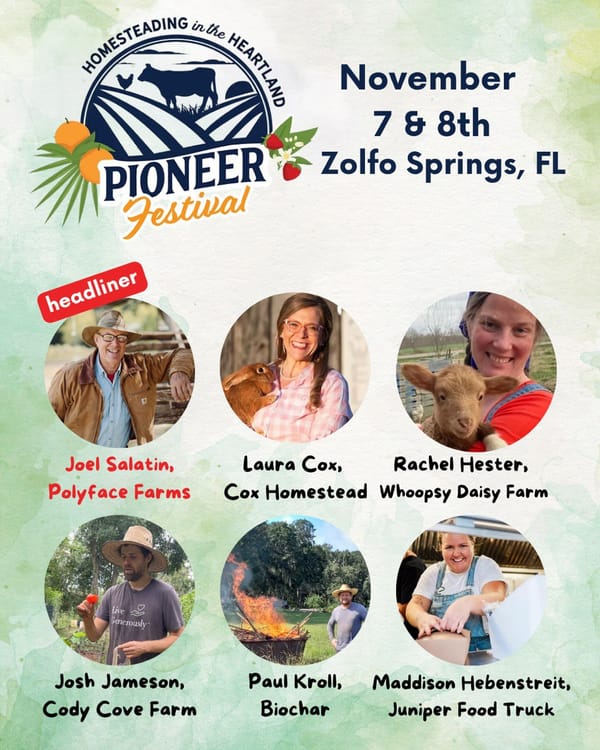How to Generate Income Without Selling at Farmers Markets
Which is better? Infographic comparing selling at a Farmers Market vs on OffTheLand. On the go? Listen instead.
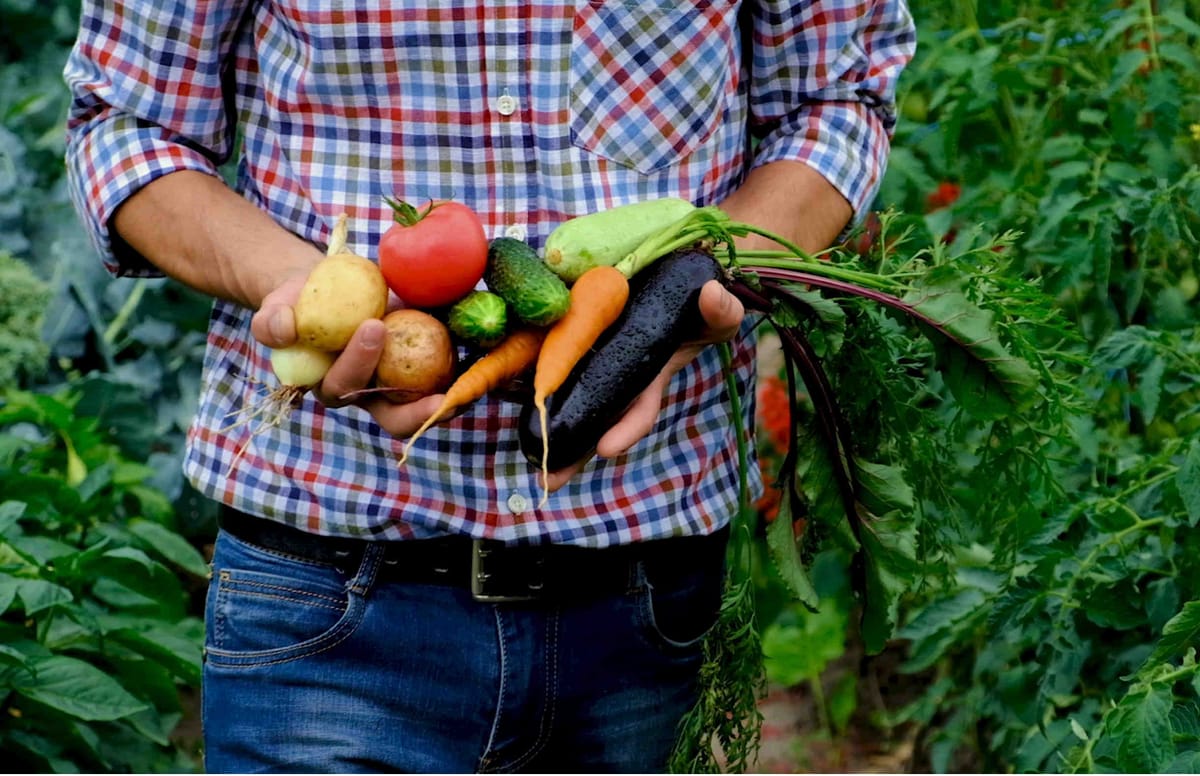
Farmers Markets are forever awesome for introducing us to the vibrant local economies of artisan crafts, rainbow rows of patiently grown vegetables & fruit, fresh cut flowers, and other festive experiences. Supporting local businesses genuinely feels good, all day!
A new startup, OffTheLand, stands for all the same causes: enabling hobby gardeners and micro-farmers to sell their seasonal bounty to local food enthusiasts for free. This article will take a critical look at Farmers Market model from a seller’s perspective with an “expectation-vs-reality” lens, and compare to the OffTheLand experiences.
(Skip to the bottom for the infographic.)
1) Farmers Markets require hefty participation fees (bye monies).

After your application to sell at a Farmers Market is accepted, you will have to cash out $500-1000. That’s because for stability, Farmers Market organizers often require upfront deposits for the entire month or season (rain or shine, baby). The cost breakdown varies widely by geography, but often includes memberships dues, booth fees, etc. Combined with the other startup expenses in the next section, it’s a real profit margin crusher and motivation killer.
By design, OffTheLand really shines in this category: The cost to buy, sell, share, and trade is absolutely free.
2) Farmers' Market require major start up expenses (bye more monies).
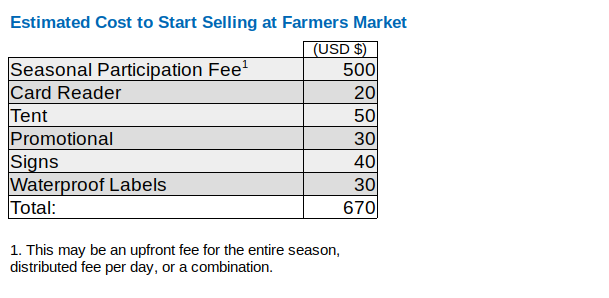
Before you can earn, you need to pay: you’ll need a card reader and a cash box so you can accept payments, a canopy tent is often required, a table, a chair, promotional displays/signs/handouts, “thank you” napkins, a courtesy trash can, water proof labels, etc. If you are planning on selling hot or cold items, add in a cooler, stove, or a generator. Access to a commercial kitchen is needed if your can’t quite fit your offerings into existing Cottage Food Laws.
If you choose to sell on OffTheLand, you can instead use that money to treat yourself to some new heirloom seed varieties or invest in gardening tools, because there are no additional fees to participate.
3) Farmers Markets can have strict acceptance criteria & quirky participation rules.

For starters, your application might be denied if there is already someone selling similar stuff (as that could “dilute their earnings and discourage them from selling”). Discouraging... Some markets require consistent weekly attendance: “miss too many days, you'll be dropped, and the spot will go to someone else”. Rules vary widely by city & state, so it’s difficult to generalize. One market in Idaho actually requires 10 hours of volunteer service per season [1].
OffTheLand also has some rules in place, but they are meant to exclude commercial bulk resellers, products from Concentrated Animal Feeding Operations (CAFOs), and industrial mono-cropping farms. Essentially, the vision is to build local ecosystems for artisan growers and regenerative farmers to sell directly to farm-to-fork enthusiasts, and anyone else that sees the clear benefit of this system.
4) There is a high risk of not selling all your prepared goods at the Farmers Market.

Let's say you want to sell delicious snacks at the Farmers Market on Saturday. By mid-week all your ingredients should have arrived and you are ready to build up the inventory. Then, Saturday morning you wake up at 4 am to bake enough power snacks to feed a regiment ...but the regiment never shows up. Now you're in the negative, sitting there with all the un-eated snacks. True story.
OffTheLand is based on a sell-as-you-go model. Sellers can list items that are presently available, or will be available at some future defined date. This way, buyers get the freshest & ripest ingredients and products, and sellers do not need to rush-prepare and risk not selling. Buyers can also request produce and products in their local area via public wishlists. It’s a very flexible system, with no guess work.
5) Farmers Markets are open a few brief hours once a week!
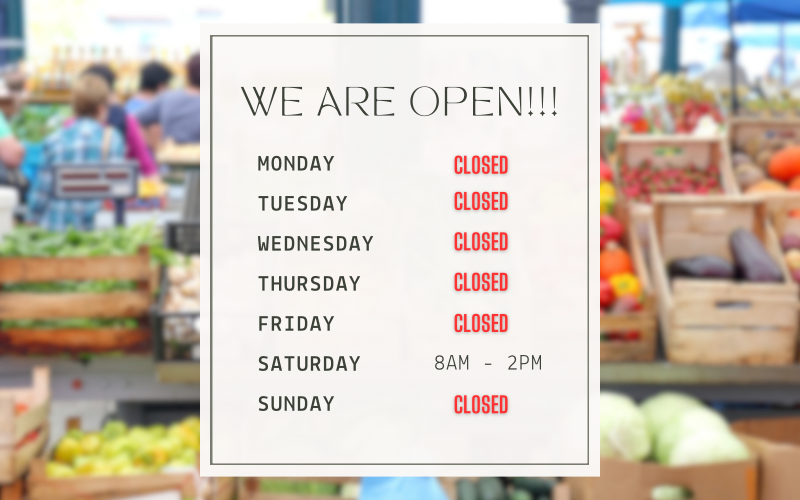
All revenue hinges on just a portion of one day. The problem is that foot traffic is heavily dependent on the weather, so if that day is too hot, nobody shows up. If that day is wet, definitely NOBODY SHOWS UP.
On the other hand, OffTheLand is open 24 hours a day, 7 day a week, 365 days of the year, because the sellers, buyers, and traders determine the schedule for when they want to meet and exchange their goods.
Summary & Future Vision
Farmers Markets provide us with a glimpse of how local communities could build wealth and create enjoyable work, but unfortunately they also have a major financial barrier to entry, and are not scalable due to exclusion rules. OffTheLand triumphantly kicks down all of these barriers, and allows for an exponential growth of innovation, in every region of the world.
Visualize a future where hobby gardeners down the street from you, get financially rewarded to sow into a celebration of heirloom flavors, colors, and textures, instead of concentrating on the same varieties that maximize shelf-life and shorten time to market.
And in this vision, farm-to-fork enthusiasts and slow-food connoisseurs connect directly with regenerative farmers, united in their shared passion for eliminating toxic chemicals, healing the soil microbiome, and replacing thousands of costly miles of supply chains with just a quick neighborhood trip.
Grab you seeds and let’s go!
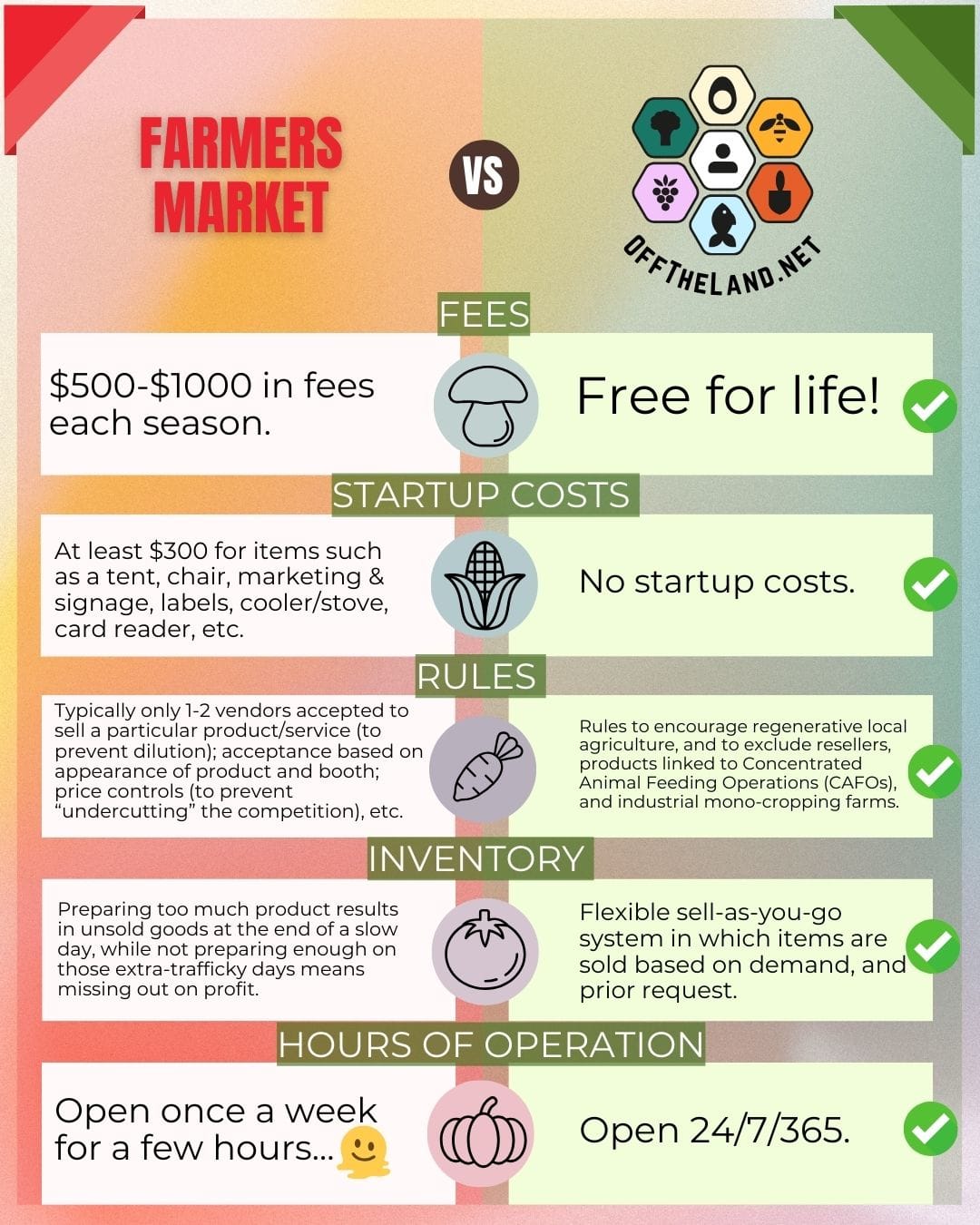
1. http://kootenaifarmersmarkets.org/wp-content/uploads/2018/03/3.18-Policies-and-Regulations.pdf


